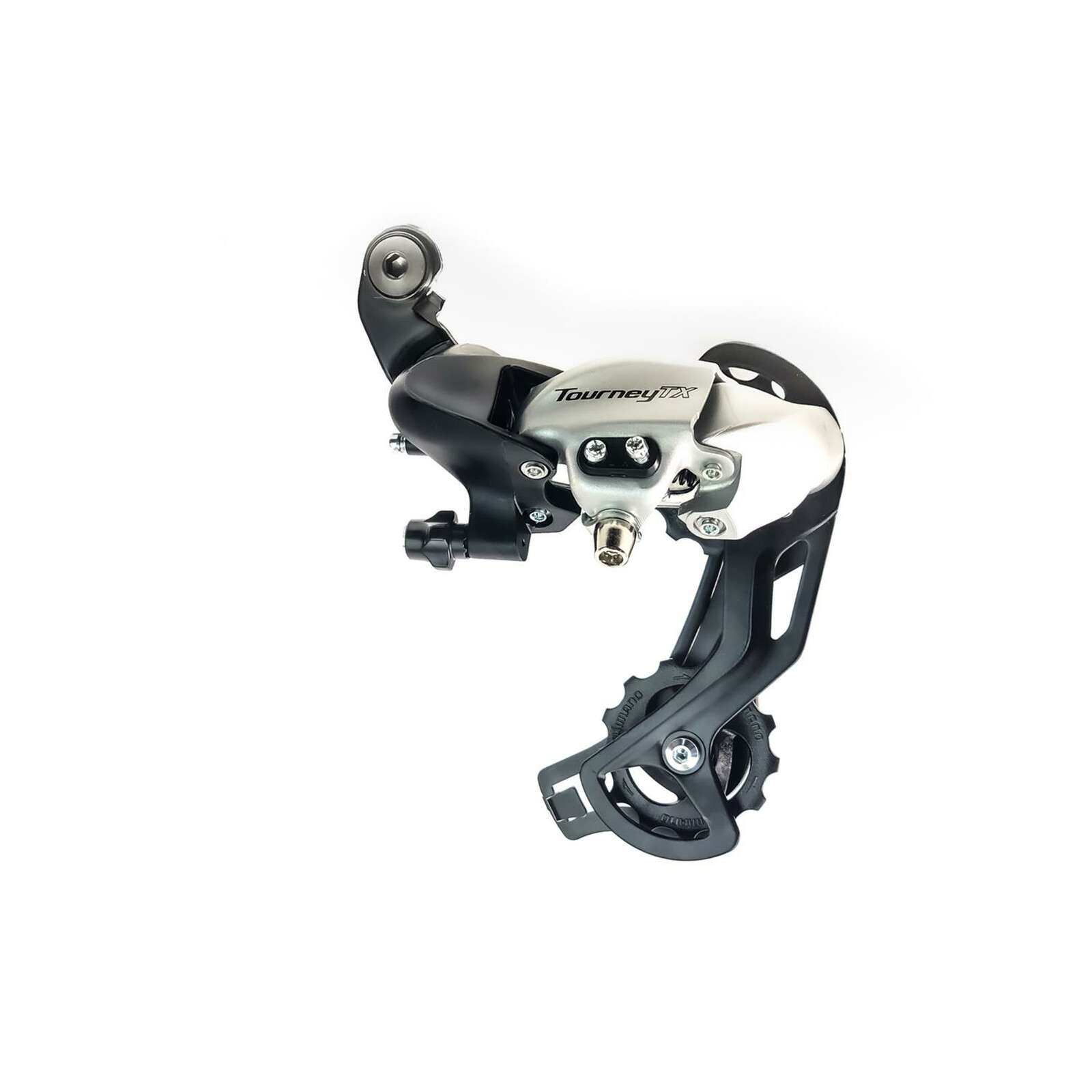
KS Cycling Trekkingrad »Vegas«, 21 Gang, Shimano, Tourney TX Schaltwerk, Kettenschaltung im Online-Shop kaufen | QUELLE.de

Schaltwerk Shimano Tourney TX - 5-6-7-8 fach Schaltung NEU in Niedersachsen - Burgwedel | Fahrrad Zubehör gebraucht kaufen | eBay Kleinanzeigen

SHIMANO Tourney TX TX35 Fahrrad Schaltwerk 6/7 Geschwindigkeit Freilauf Shifter 18/21 Geschwindigkeit Mountainbike Klapp Fahrrad Schaltwerk|Fahrrad-Umwerfer| - AliExpress

Shimano Tourney TX RD-TX800 Schaltwerk 7/8-fach schwarz 2016 Mountainbike : Amazon.de: Sport & Freizeit

Shimano TourneyTX RD TX800 Schaltwerk MTB Fahrrad Bike Schaltwerke 7S 8S TX800 Mountainbike Zubehör - AliExpress Sport und Unterhaltung

SCHALTWERK 6/7-Fach SHIMANO Tourney TX Neuwertig! in Nordrhein-Westfalen - Paderborn | Fahrrad Zubehör gebraucht kaufen | eBay Kleinanzeigen

SCHALTWERK 6/7/8 - Fach SHIMANO Tourney TX. in Nordrhein-Westfalen - Paderborn | Fahrrad Zubehör gebraucht kaufen | eBay Kleinanzeigen

Shimano Tourney TX RD-TX800 Schaltwerk 7/8-fach schwarz 2016 Mountainbike : Amazon.de: Sport & Freizeit











